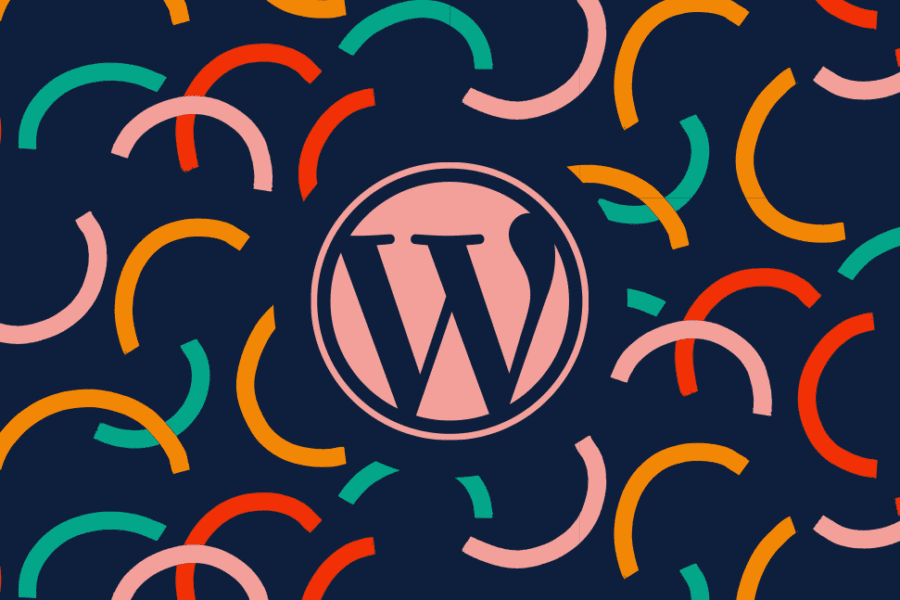Published
May 2020Categories
GuidesTop things to remember when writing a web design brief
When commissioning a website the first thing to get right is the brief. Starting off on the right foot helps cover important requirements before the designer gets to work. A web design brief is a document that helps smooth out the design and development process. It should state as much functionality as possible, and serve as a guide to the site.
Ironing out the small details at the start is vital to getting a website that works for you and your business. It will also help the designer to quote accurately and understand what it is you want from your website.
Here are 10 handy tips for writing a website brief.

About your company
Give the design agency all the information you can about your company. Let them know what it is you do, what you offer your customers, your vision, the size of your business and list your top competitors. All of this will help to create a website suited to you.
Your new website
Explain to the agency why you want a new website and describe what is is you want from the site. Now is the time to mention specific features and requirements. If you have an existing website, say what you like and dislike about it. You should also let the agency know how many pages or sections there will be. Below are a few examples of typical features and requirements.
- Search facility
- Sliding banners
- Social media integration
- Google maps
- Blogs
- E-commerce
- Photo gallery
- Contact form
- Newsletter signup
Who are your users?
Tell the agency about your user base and if you’ve got time, ask your users about what they would like from your website. Getting these details down from the start allows for the design, features and functionality to be tailored accordingly. Here are a few examples of what the agency might want to know:
Who will be using your website?
- Public, trade, staff
- Sex and age groups
- Language requirements
- Localisation requirements
Why are they visiting your website?
- Information
- News
- Downloads
- Make a purchase
Sites you like
Have a look online for websites that might be useful to present to the agency. Try to find competitor sites that you like as well as others. Remember, it’s not all about the looks, the style has to fit your business. Be as specific as you can about what you like about them whilst being mindful of your users – certain functionality may not benefit them. Here are some examples of what to supply an agency:
- Links to competitor sites
- Functionality you like and why
- Design features you like
- Graphic styles such as photography and icons
Timescales
Presenting accurate and realistic timescales to your designer will result in a web project that runs smoothly. Websites can often catch people out as in most cases there is a lot more to do than you think. Make sure that you have given time to produce content and source images, videos and documents that can be used online. The designer will let you know any specifics such as images sizes and copy requirements.

Technical requirements
Outline any technical requirements that your company might have or need such as domain name information, hosting requirements and email accounts. Will your site be viewed by people with disabilities and require text only and high contrast versions of the site?
Content
You should start to think about how you want to populate your website from the beginning. Starting from scratch or reusing content from an existing site, it’s a lot easier to get designs that are right for you if there is some initial content to work with. If not, no problem, content can be written to suit the visuals. If using existing content make sure you review it to make sure it meets your user’s needs. Here are a few things you’ll need to supply your agency with:
- Your logo, if you have one. Preferably an editable format such as .ai or .eps
- Brand guidelines
- Photos
- Videos
- Testimonials
- Copy
- Downloadable documents such as PDF and Word documents
Maintenance
Ongoing maintenance of a website is often overlooked. There are decisions to consider such as who will be responsible for maintaining and updating content. Will you require the agency to update the site for you, should you not have the time?
Websites that use a CMS will also need to be maintained. The agency will usually notify the client that the site needs to be updated and agree on a price for doing the work.
Budget
Deciding on your budget before contacting an agency is very important. If the agency knows what they should be working to, you’re likely to get an accurate quote which is tailored to your expectations. Another important point to consider is the budget for ongoing support and maintenance.
Digital Marketing
The marketing of a website is often overlooked when creating a website brief. Promoting your website once it has gone live is an essential part of the process and helps with the continued success of the site. Here are a few things you should consider:
- Search Engine Optimisation (SEO)
- Content marketing – (blogs, video content, newsletters, social media)
- Social media
- Email marketing/newsletters




